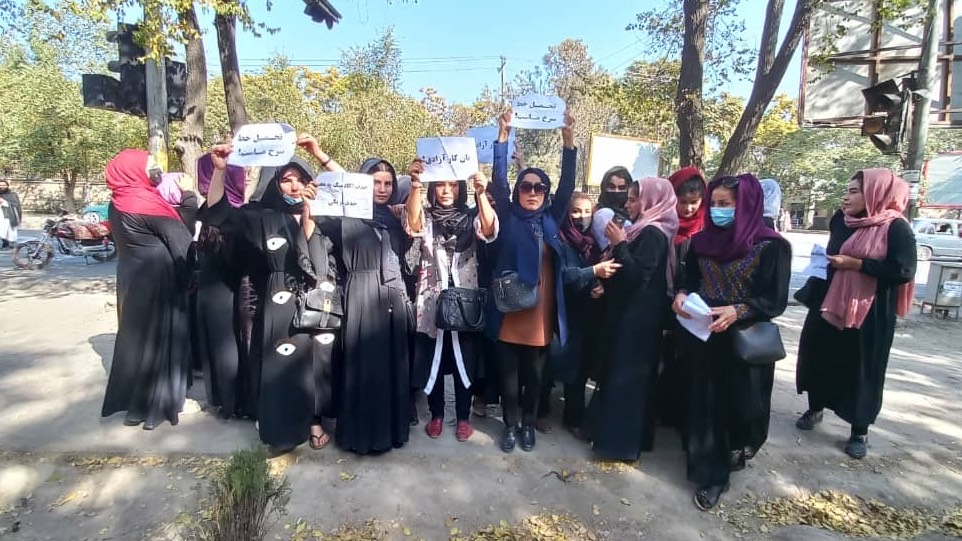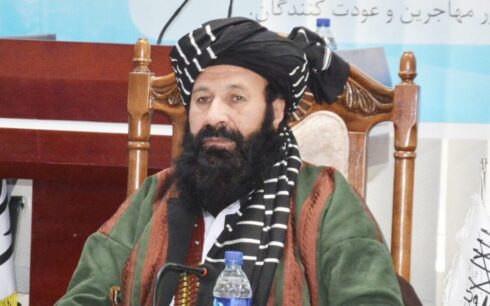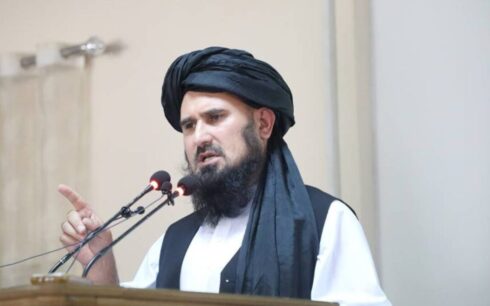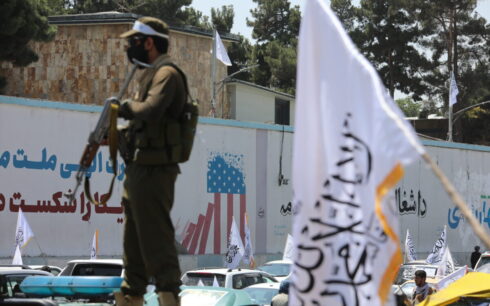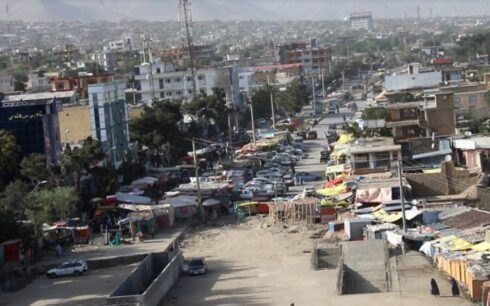Marking Human Rights Day, UNAMA also urged the Taliban to roll back the string of restrictions it has implemented especially on women and girls.
The United Nations in Afghanistan has called on the Taliban to live up to its commitments enshrined in the Universal Declaration of Human Rights, which codifies everyone’s fundamental rights and freedoms, and to which Afghanistan was a pivotal signatory.
“All human beings are born free and equal in dignity and rights, and those who assume to govern have an immense responsibility as duty-bearers to each and every man, woman and child,” said Roza Otunbayeva, the Secretary-General’s Special Representative for Afghanistan.
Marking this year’s Human Rights Day Saturday, the UN also called on the Taliban to reverse the “slew of edicts and practices they have introduced that restrict the basic rights of Afghans, especially those of women and girls”.
This year’s Human Rights Day also marks the beginning of the countdown to the 75th anniversary of the Universal Declaration of Human Rights, adopted after a year-long consultation process involving thinkers from 60 countries.
According to the UN, Afghanistan was among the original 48 nations to vote for the Declaration on 10 December 1948 at the UN General Assembly meeting in Paris.
But the Taliban has taken some steps seemingly aimed at the protection and promotion of human rights, the UN said in a statement. These steps have included an amnesty for former government officials and security force members, a decree on women’s rights and a code of conduct relating to prisoners, as well as the creation of a special commission to deal with complaints of violations of media freedoms.
Despite these however, there has been a marked deterioration of the population’s enjoyment of their basic human rights and freedoms, for which the Taliban are responsible and accountable, the statement read.
They have limited dissent by cracking down on protests and curbing media freedoms, including by arbitrarily arresting journalists, protesters and civil society activists and issuing restrictions impacting private citizens and media outlets alike, the UN said.
Citing one example, UN said that more than one month after their arrests in Kabul on November 3, Zafira Yaqobi and four other women’s rights activists remain in detention, with no clear information about the charges against them.
The United Nations Assistance Mission in Afghanistan (UNAMA) has also documented cases of extrajudicial killings, torture and ill-treatment, as well as arbitrary arrests and detentions carried out by the Taliban.
This comes just days after the Taliban held its first public execution which was held in a stadium and watch by at least one thousand people, including members of the Taliban’s top leadership.
“The de facto authorities (Taliban) also appear to be increasing the use of corporal punishments such as public floggings. These constitute a form of cruel, inhuman or degrading treatment and are therefore prohibited by a number of international treaties and conventions to which Afghanistan is a state party,” the statement read.
“The United Nations strongly opposes the use of the death penalty in all circumstances and calls on the de facto authorities to establish an immediate moratorium on executions, with a view to abolishing the death penalty. The use of the death penalty cannot be reconciled with full respect for the right to life,” read the statement.
“If Afghanistan’s de facto leaders hope to deliver on their vision and promise of a peaceful and stable Afghanistan, they must invest in the fundamental building blocks that underpin a cohesive society. The first step is recognizing the human dignity and human rights of every Afghan woman, man, girl and boy,” said Fiona Frazer, Representative of the UN High Commissioner for Human Rights in Afghanistan.
US Chargé d’Affaires to Afghanistan Karen Decker also marked the day and said Washington continues to advocate for the rights of all Afghans regardless of gender, ethnicity, religion, and ability.
“We talked to Afghan human rights defenders yesterday (Friday), some of the bravest people I know. They are championing access to education, the right to work and the protection of Afghanistan’s diverse population.
“I urge Kandahari leaders to support their efforts and join the international community’s ongoing efforts to deliver dignity, freedom and justice for all,” she said.

